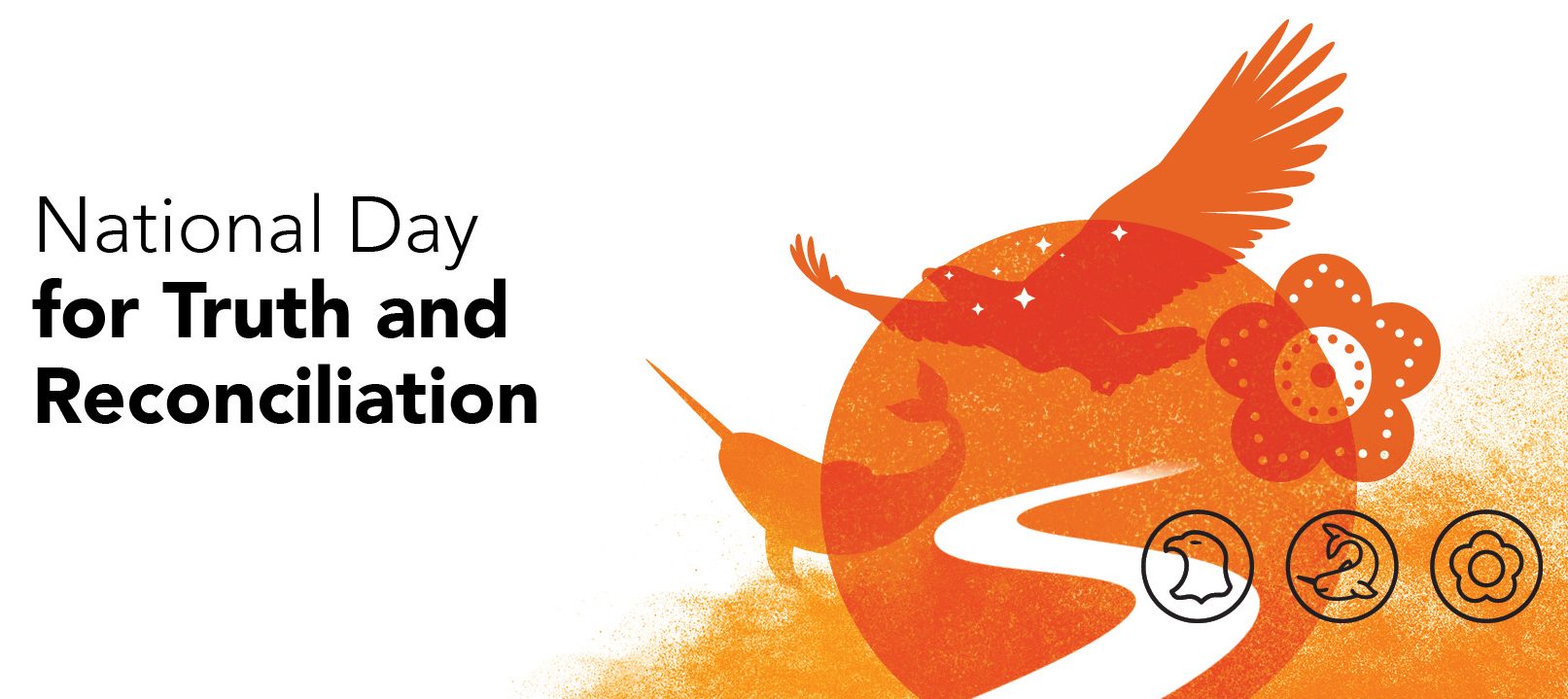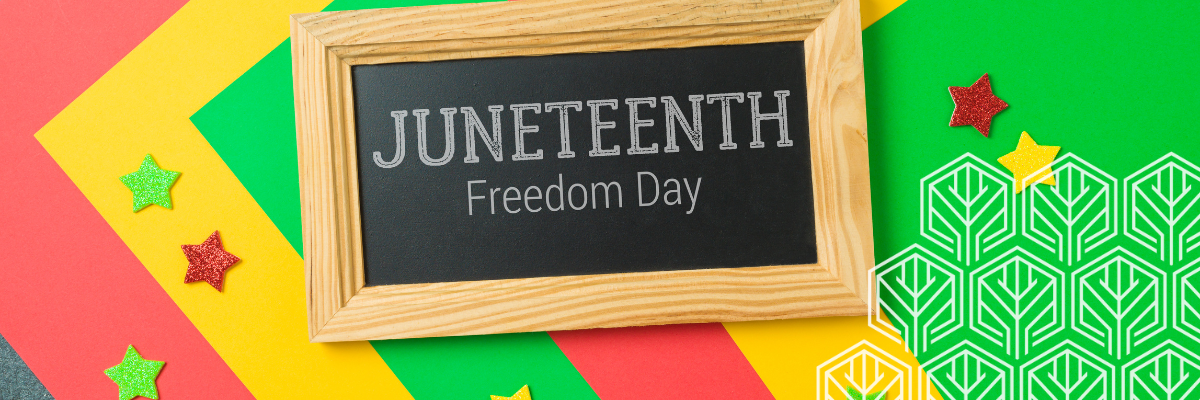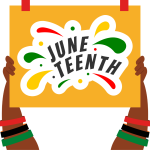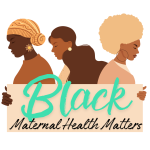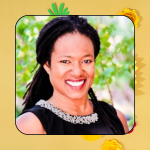[vc_row][vc_column][vc_column_text title=”National Day for Truth & Reconciliation: Action is Our Collective Responsibility” css=”.vc_custom_1727115223782{margin-bottom: 0px !important;}”]In 2015, the Truth and Reconciliation Commission of Canada announced that its investigation into the inter-generational trauma caused by the “Indian Residential School” system that the Federal Government of Canada operated in partnership with Christian Institutions between about 1880 and 1996 was complete. The commission published a final report that made 94 Calls to Action. Many Indigenous experts believe that completing these Calls to Action is an imperative aspect of rectifying the harm that settler colonialism has done to Indigenous people.
It’s been nine years since the commission published its report. The concept of Truth and Reconciliation is that repairing the damage can only be achieved with honesty. The truth is that the federal government has not done much to change outcomes for Indigenous peoples since the report’s publication.
On the 8th anniversary of the final report’s publication, the federal government issued a statement claiming that 85% of the calls to action were either complete or well underway. Indigenous Watchdog paints an entirely different picture. According to their analysis, only 66% of the Calls are completed or in progress. Twenty percent of the calls are stalled, and 20% have not yet started. 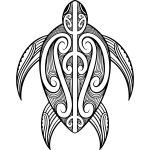
At the time of this writing, Indigenous communities across Canada are mourning and speaking out about injustice. Over 2 weeks this month, 6 Indigenous people were killed by police, with the RCMP responsible for 4 of the deaths. This overt violence at the hands of the police is a stark barometer for the level of violence Indigenous people are subject to in other institutions, including health care.
When it comes to the federal government’s action on the 7 health care calls, it is slim to non-existent. None of these urgently needed calls have been completed. This lack of action shows in the numbers. A 2023 study found that 18.6% more non-Indigenous women had a regular healthcare provider during pregnancy than Indigenous women. This was connected to statistically lower access to primary and specialized care. This applied to rural and urban settings, and disparities remained when socioeconomic status was controlled for. Similarly, the infant mortality rate is twice as high for Indigenous babies as for non-Indigenous babies. The studies’ authors conclude that racism and the resulting deep mistrust of the system are to blame.
Given the ongoing violence that Indigenous people face at the hands of institutions, mistrust is entirely justified. If our government were serious about establishing trust, it would be honest about its accomplishments on the Calls to Action and get the work done.
The Call to Action that has the most direct impact on how we should practice as doulas is number 22, which calls upon us to recognize the value of Indigenous healing practices and incorporate them in healthcare delivery. When engaging with Indigenous clients seeking perinatal support empowering and facilitating their reclamation and implementation of Indigenous teachings if desired is essential. For non-Indigenous birth workers, this looks like making referrals to an appropriate Indigenous doula where possible and doing the work of managing our colonial unlearning proactively and independently when not. We should also listen deeply and with humility to the teachings the client would like to impart.

As a training Institution, we are committed to enacting the 24th call: ensuring that all students who will be working alongside the healthcare system take Indigenous culture and awareness training. The goal of our Truth & Reconciliation module is to ensure that all program graduates are prepared to fulfill the 22nd call in their practice. We recognize that the module is a work in progress and we are paying close attention to feedback from our Indigenous students on how the module can be made more relevant and impactful. As our program grows to include students from more and more countries, we are exploring ways to connect the oppression of Indigenous people on Turtle Island to experiences of colonization, displacement, and resistance around the world.
We know our work is far from complete and that our spheres of influence are small. However, each small organization’s actions to fulfill the Calls to Action is an example and a challenge to our Federal government and other powers to step up and honour their commitments. We trust our actions will ripple out, and we look forward to continuing this essential work in our community.
Keira Grant (she/her) Inclusion and Engagement Lead – Racialized Communities
Keira brings a wealth of experience to the Online Community Moderator role. She is a Queer, Black woman with a twenty-year track record in Equity, Diversity, and Inclusion (EDI) education, projects, and community building initiatives.
[/vc_column_text][/vc_column][/vc_row]
